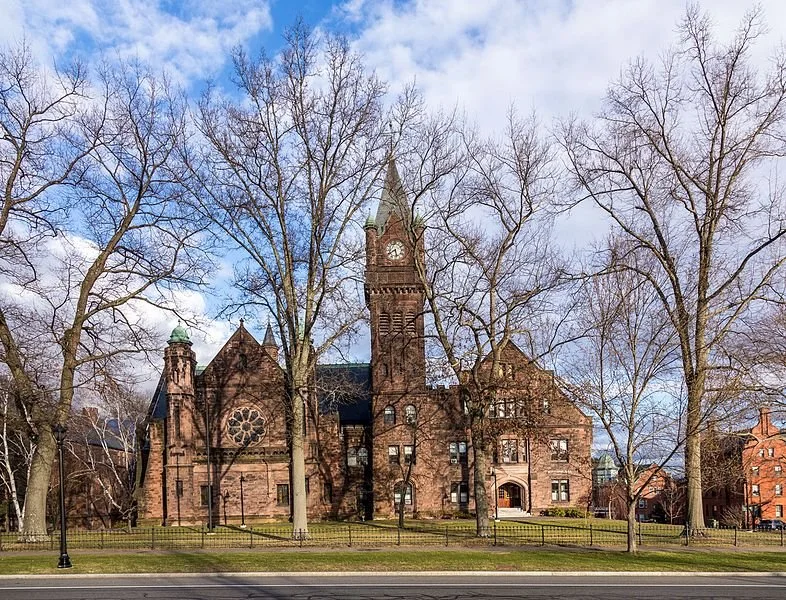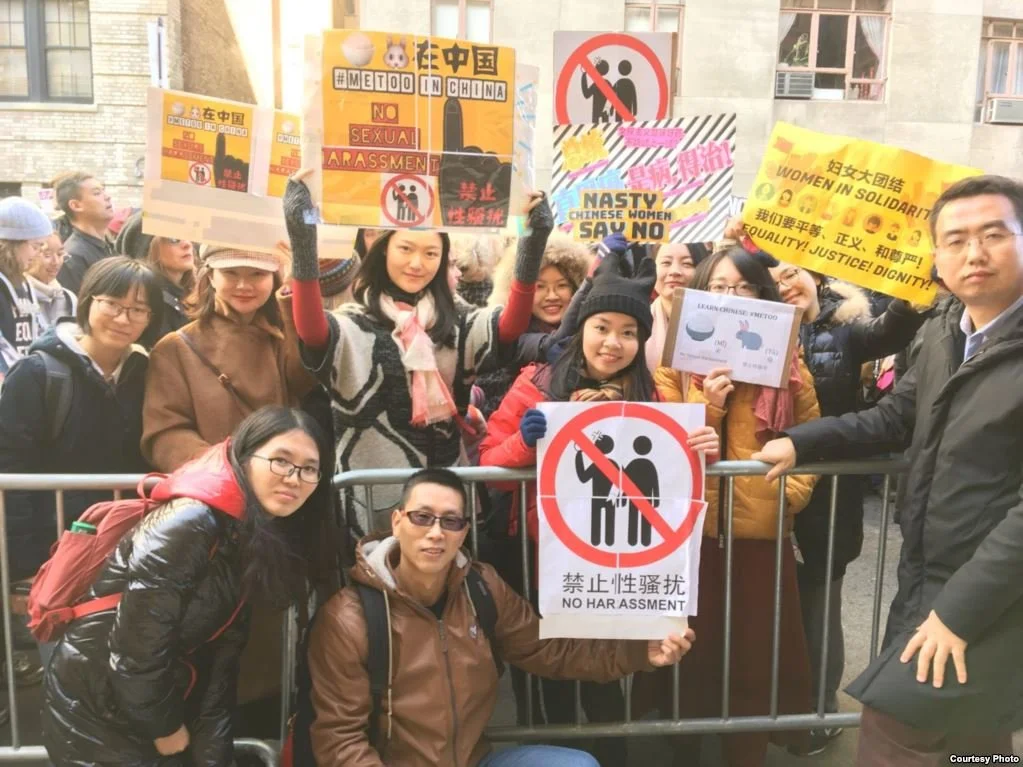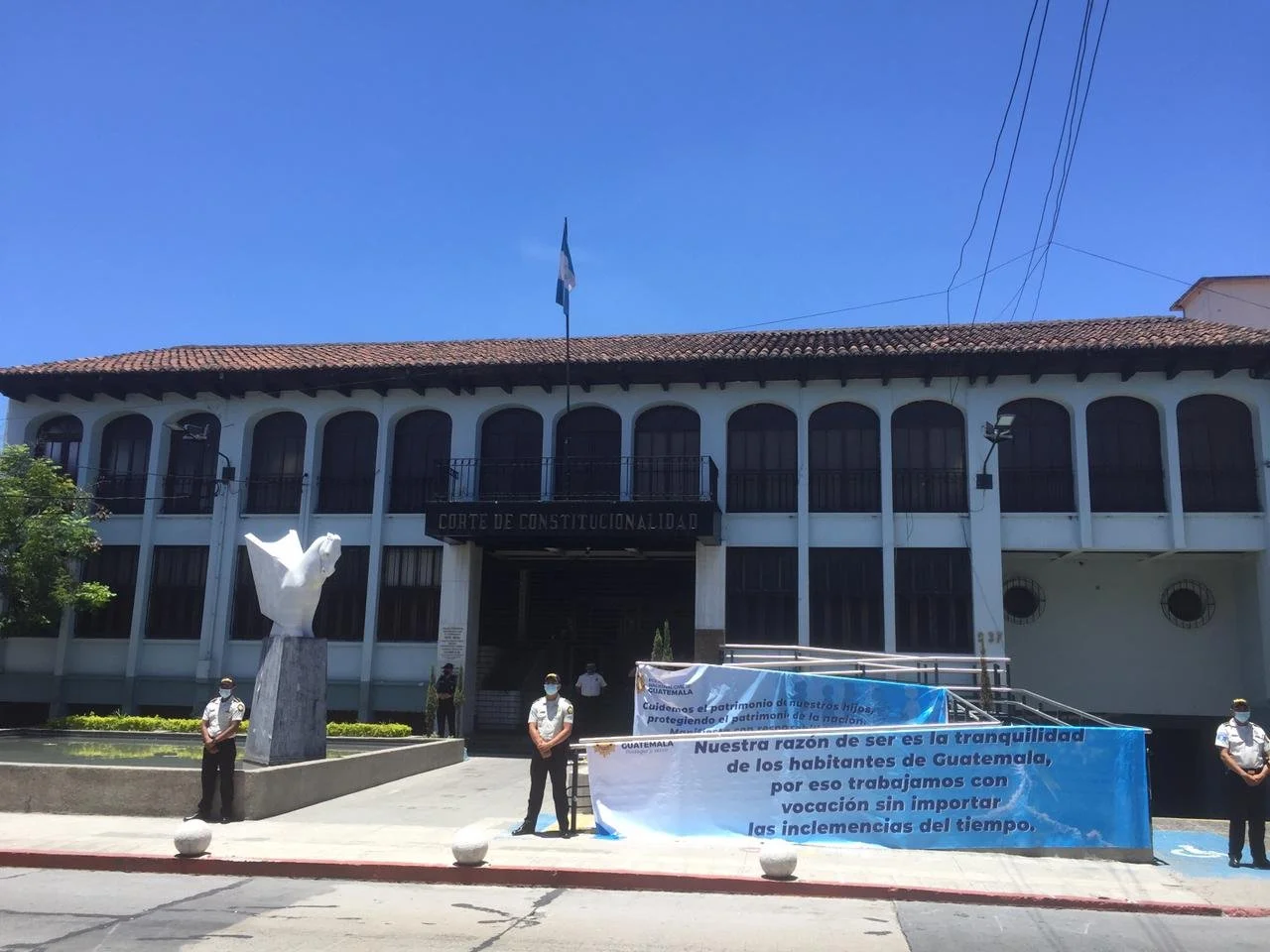The Jan. 8 protests in Brazil have been compared to the Jan. 6 insurrection in the United States. Photo courtesy of Marcos Correa via ZUMAPRESS.com.
By Kiera McLaughlin ’26
Staff Writer
On Jan. 8, 2023, protesters that were camped outside the Brazilian Army Headquarters moved their demonstration, which quickly turned into a riot, to the front of the Brazilian Congress, the Supreme Court and the presidential offices. The New York Times reported that “Outnumbered police officers fired what appeared to be pepper spray and tear-gas canisters. The demonstrators persisted for hours, lashing out at what they falsely claim was a stolen election.” While Brazil’s democracy is being questioned, the world has started to compare the similarities and differences between the Brazilian riot and the United States Jan. 6 insurrection.
About 4,000 Bolsonaro supporters arrived on buses and joined others camped outside the army barracks that Saturday and Sunday, the BBC reported. That day, thousands of people took on Brazil’s official government buildings in protest of ex-President Jair Bolsonaro’s loss, what they claim was a stolen election. Protesters started breaking windows, throwing objects, waving Brazilian flags and marching for their cause.
“On its face, [the insurrections in Brazil and the U.S.] look very, very similar.”
In an interview with Scripps News, Andrew Reiter, associate professor of politics and international relations at Mount Holyoke, said “On its face, [the insurrections in Brazil and the U.S.] look very, very similar. You have protesters who are convinced that … the one they support lost the previous election and they’re storming capital buildings and damaging things,” he continued.“But there are really striking differences”. Reiter explained during the interview that the Brazilian president was already inaugurated days before, and the buildings were not occupied by officials at the time of the riot, while the Jan. 6 insurrection in the U.S. was trying to stop the vote from happening to cement the presidency.
There’s also a great difference between the ways that former President Donald Trump and former President Bolsonaro responded to these demonstrations, but similarities in the ways they handled re-election. While Bolsonaro also created controversy around his re-election during his time in office, unlike Trump, Bolsonaro allowed a peaceful transition of power to Luiz Inácio Lula de Silva, the current president of Brazil, until the riot. Bolsonaro also criticized a bomb plot by his supporter, saying it was a “terrorist act,” reported the New York Times. When asked by Scripps about Bolsonaro’s response to this riot, Reiter said “it’s hard for him to say the elections were fraudulent because his party gained seats.” Bolsonaro’s party not only won seats in the legislature, his three sons are also elected officials, which changes the perceptions of the election results in Brazil – especially compared to the 2020 presidential election in the U.S., The New York Times reported in the same article.
Understanding the goals of the demonstrators in Brazil requires recognizing how different Brazil’s relationship with democracy is compared to the United States. In an interview with Vox, Rodrigo Nunes, a Brazilian philosophy scholar, explained the way the military plays such a big role in Brazilian politics, and how the people in power used Bolsonaro. “The fact that the security apparatus is very heavily infiltrated by Bolsonarismo is not a consequence of the fact that Bolsonaro created this support, but the fact that these tendencies were there, and suddenly they have had a leader … that could offer a political outlet for them.” Brazil’s history of being a military dictatorship and as a young democracy has led to protesters believing that with Bolsonaro out of office, a military coup would lead to Bolsonaro’s return, Jerry Dávila, Lemann chair in Brazilian history at the University of Illinois Urbana-Champaign, said in an interview with Illinois News Bureau.
Luiz Amaral, a professor of Portuguese and Brazilian Studies at the University of Massachusetts Amherst, stressed the importance of understanding the riots in Brazil by perceiving the actions of these demonstrators through a historical lens and considering the political structure of Brazil. In an interview with the Mount Holyoke News, he said “You have to look into Brazilian history… Is there a global connection between what’s happening in Brazil and Trump in the U.S. and the dictators all over the world? Yes, there is. But there is an internal dynamic that’s built in its history and the history of its institutions. That’s what really makes the whole process possible.” Throughout the interview, Amaral made sure to clarify that the relationship between the government and the military had a huge role in this riot, and is a big factor in Brazilian politics, which are very different compared to American history.
Brazil’s Department of Justice’s reaction to the riots differs greatly compared to the slow response by the United States House Select Committee after Jan. 6. Soon after the riot, along with arresting around 1,500 people, of whom 600 were relocated from the police academy where they were initially detained, the Brazilian department of justice has targeted political officials, ordering the arrest of the former commander of the Military Police of the Federal District and former secretary of public safety, reported by the BBC. In addition to public officials, Reiter explained in his interview, “they are looking into who financed this. Somebody has fed and sheltered these protesters for a long time. Somebody paid for the 100 buses to bring them all to the capital. And so already there’s government investigations into well over 100 companies who they suspect might be behind financing these demonstrations.”
Just like the Jan. 6 insurrection, people are also concerned about the lack of trust and total manipulation in strong democracies. In his interview with Scripps News, Reiter discussed the extensive influence of social media on these riots and the spreading of misinformation and controversies. When asked about the global state of democracy, he said “it’s certainly alarming. … It also used to be that if you thought you were going to lose an election, you just boycott the election, you would just say it’s not legitimate. … And now the trend seems to be, let’s do the election. And even if we lose, we’ll just say we won anyway and it was rigged.”
The Brazilian riot was not directly supported by the former president, like Jan. 6, and the Brazilian Department of Justice acted swiftly to enact consequences for the actions of demonstrators and the people in office associated with the riots. With the context of Brazil’s history of a military dictatorship, this failed coup has left many questions for Brazilians and countries around the world. In the Vox article,Dávila commented, “Brazilian democracy is still being built … The armed forces did not heed the call to take over the government, but they have nonetheless extended their influence. President Lula will face an ongoing challenge in again reducing the political influence of the armed forces.”



















